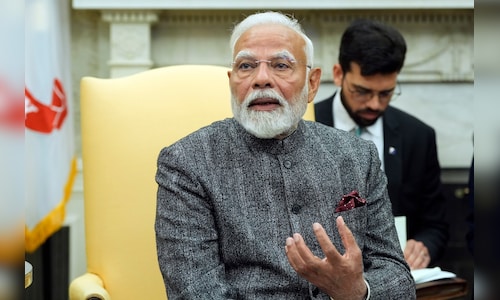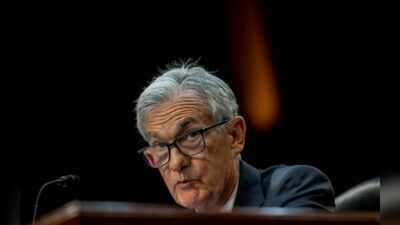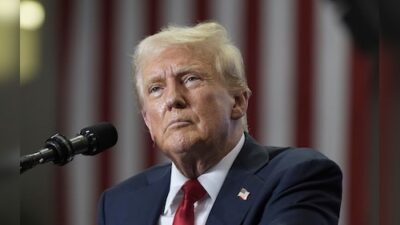“The meeting between US Vice President JD Vance and the Indian parliamentary delegation following Operation Sindoor served as a gesture from the United States, indicating, ‘We recognize that the President may have misspoken or received inadequate briefings,’” Chaudhuri stated during an interview with CNBC-TV18. “Subsequent to this clarification, Trump extended an invitation to Modi to stop by Washington after his trip to Canada—demonstrating that Trump embraced this clarification.”
Nevertheless, Prime Minister Modi has turned down the invitation, citing prior commitments.
Former Indian Ambassador to the US Meera Shankar remarked, “This is a persistent issue for Trump—he aims to portray himself as a proficient peacemaker, negotiator, and dealmaker.” She further noted that Modi’s decision to decline the visit indicated India’s discomfort with any renewed attempts for mediation regarding Kashmir.
Today, Trump is set to hold a one-on-one meeting with Pakistan Army Chief General Asim Munir—an atypical deviation from established protocol.
Both experts highlighted that General Munir’s meeting reflects the Trump administration’s transactional mode of foreign policy, prioritizing realpolitik over traditional diplomatic protocol. “Trump is not particularly inclined to follow protocol. He manages his own foreign affairs. He understands that General Munir is, and has historically been, the most influential figure in Pakistan,” Chaudhuri expressed.
Even so, Pakistan’s influence in Washington seems to be diminishing. “The encouraging aspect for India is that Pakistan currently has very little to present. Its economy is in disarray, and there is almost no American corporate interest in Pakistan,” Chaudhuri noted, while Shankar Underlined that Pakistan’s strategic importance now primarily hinges on its geographic location, being close to Iran, Afghanistan, China, and Central Asia.
Watch accompanying video for entire discussion.
(Edited by : Ajay Vaishnav)



